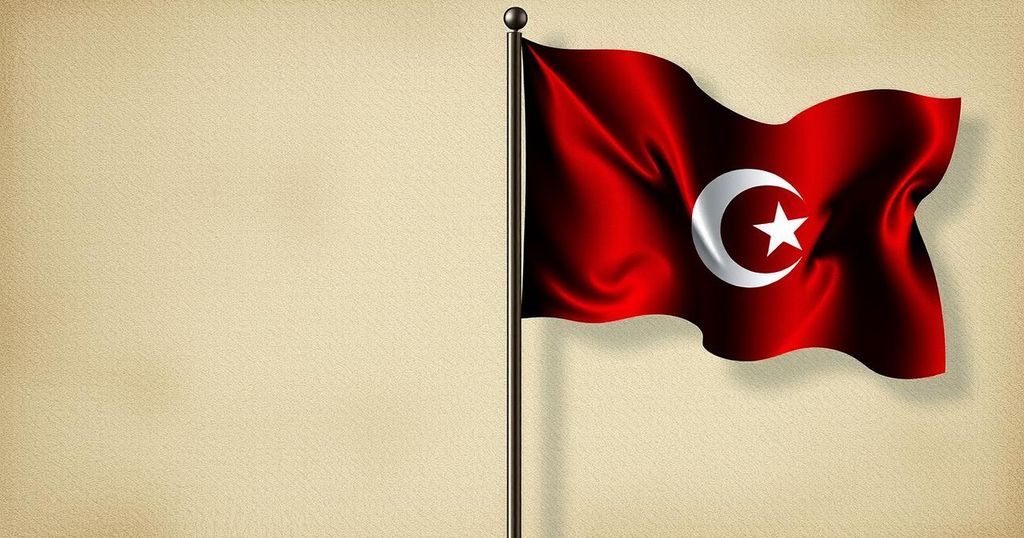UN Initiates New Efforts to Resolve Electoral Deadlock in Libya
The United Nations has initiated a new effort to resolve Libya’s electoral crisis by forming a technical committee of experts to address outstanding issues in electoral laws. The move aims to facilitate national elections, following a failed attempt in December 2021 due to candidate eligibility disputes. Despite the uncertain political landscape, the U.N. maintains its commitment to advancing the electoral process and national reconciliation.
On Sunday, the United Nations announced a renewed initiative to address the ongoing electoral deadlock in Libya. The acting head of the U.N. Support Mission in Libya (UNSMIL), Stephanie Koury, indicated that a specialized technical committee comprising Libya experts would be convened to tackle key issues that have prevented national elections since the troubled attempts in December 2021. The committee will examine electoral laws and propose solutions to facilitate a swift pathway to elections.
Koury emphasized that the experts would explore various options to expedite the electoral process, which includes establishing necessary guarantees, assurances, and a defined timeframe for holding the elections. This comes against the backdrop of a Government of National Unity (GNU) led by Prime Minister Abdulhamid al-Dbeibah, who, following a U.N.-backed formation in 2021, faces challenges to his authority, as the parliament has since retracted its recognition of his government. Al-Dbeibah remains steadfast in his refusal to relinquish power without a legitimate electoral process.
Libya’s political landscape has been marred by instability and division since the 2011 NATO-backed uprising, with the country fragmented between rival administrations controlling the eastern and western regions. Despite a consensus among major political entities regarding the need for elections, widespread skepticism persists among the populace about their intentions to hold votes that may jeopardize their positions of power.
Since the fall of Muammar Gaddafi in 2011, Libya has witnessed a tumultuous political climate characterized by civil conflict and a lack of unified governance. The 2014 division of the country into competing east and west factions has further complicated the path to political stability. Attempts to conduct national elections have repeatedly faltered, most notably with the failed vote in December 2021 primarily due to disputes over candidate eligibility. As public trust wanes in political figures’ commitment to a democratic process, the role of the U.N. has become increasingly pivotal in mediating and facilitating negotiations towards a peaceful resolution.
The U.N.’s fresh initiative to assemble a committee of experts indicates a critical step towards resolving Libya’s electoral standstill, which has plagued the nation since late 2021. By examining and addressing contentious electoral laws, the U.N. aims to establish a framework for elections that could potentially end years of political deadlock. With the commitment of all parties involved, there is a glimmer of hope for a reconsolidation of Libya’s government and democratic processes in the foreseeable future.
Original Source: www.voanews.com




Post Comment